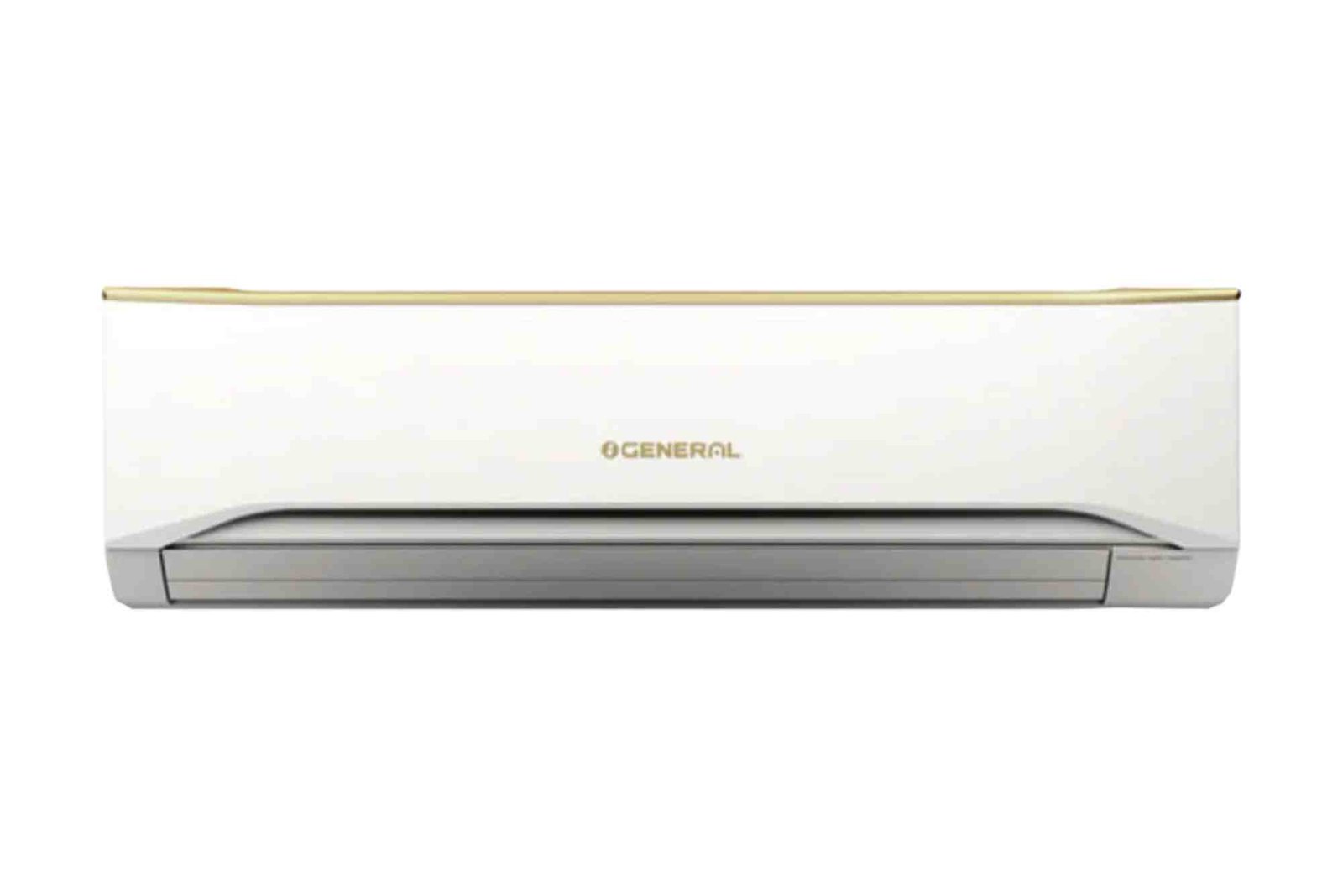Prostatic hyperplasia, also known as benign prostatic hyperplasia (BPH), is a common condition in aging men that affects the normal function of the urinary system. As the prostate gland enlarges, it can put pressure on the urethra, leading to difficulties in urination. Understanding how this condition impacts urinary health is essential for early detection and effective management.
Understanding Prostatic Hyperplasia and Urinary Issues
The prostate is a small gland responsible for producing seminal fluid. It is located below the bladder and surrounds the urethra, the tube that carries urine from the bladder out of the body. When the prostate enlarges, it constricts the urethra, causing various urinary problems. These issues can significantly impact a man’s quality of life, leading to frequent discomfort and inconvenience.
Common Urinary Symptoms of Prostatic Hyperplasia
Men with prostatic hyperplasia often experience noticeable changes in their urinary patterns. These symptoms may include:
Increased Urinary Frequency
One of the earliest signs of BPH is an increased need to urinate, especially at night (nocturia). This occurs because the enlarged prostate interferes with normal bladder emptying, causing a persistent urge to urinate even when the bladder is not full.
Weak Urine Stream
As the urethra narrows due to prostate enlargement, urine flow becomes weaker and slower. Many men experience difficulty starting urination or notice that their urine stream stops and starts unexpectedly.
Incomplete Bladder Emptying
BPH often prevents the bladder from fully emptying, leaving residual urine behind. This can lead to discomfort and increase the risk of urinary tract infections (UTIs), as bacteria may grow in the retained urine.
Difficulty Initiating Urination
Many men with an enlarged prostate struggle to begin urination. This hesitation, known as urinary hesitancy, results from increased pressure on the urethra, making it difficult for urine to pass freely.
Urinary Urgency and Leakage
Prostatic hyperplasia can create sudden, strong urges to urinate that are difficult to control. In some cases, this urgency can lead to involuntary leakage, a condition known as overflow incontinence.
The Link Between BPH and Urinary Retention
In severe cases, BPH can lead to acute urinary retention, a condition where a person is unable to urinate at all. This requires immediate medical attention, as it can cause extreme pain and bladder damage. Chronic urinary retention, where the bladder retains small amounts of urine, may develop gradually and contribute to kidney problems over time.
Prostatic Hyperplasia Treatment Options
Men experiencing symptoms of BPH have several treatment options available, ranging from lifestyle changes to medical interventions. Effective prostatic hyperplasia treatment can help restore normal urinary function and improve overall well-being.
Lifestyle Modifications
Certain lifestyle changes can help alleviate mild symptoms of BPH. Reducing caffeine and alcohol intake, maintaining a healthy weight, and staying physically active can promote better bladder function. Drinking plenty of water during the day while limiting fluid intake before bedtime can also reduce nighttime urination.
Medications for BPH
Several medications are available to treat BPH symptoms. Alpha-blockers help relax the muscles in the prostate and bladder, making it easier to urinate, while 5-alpha reductase inhibitors reduce prostate size over time. These medications are often prescribed based on symptom severity and overall health.
Minimally Invasive Procedures
For men who do not respond well to medication, minimally invasive procedures such as transurethral resection of the prostate (TURP) or laser therapy can provide relief. These procedures remove excess prostate tissue to reduce pressure on the urethra and improve urinary flow.
Surgical Treatments
In more severe cases, surgical intervention may be necessary. A prostatectomy, the complete or partial removal of the prostate, is performed when other treatments fail to provide sufficient relief. This procedure is usually recommended when symptoms are significantly affecting daily life.
Managing BPH-Related Urinary Problems
Regular Medical Checkups
Routine visits to a urologist can help monitor prostate health and detect any changes early. Prostate-specific antigen (PSA) tests and digital rectal exams (DRE) are commonly used to assess prostate enlargement and rule out other conditions.
Maintaining a Healthy Diet
A diet rich in fruits, vegetables, and whole grains can support prostate health. Foods high in antioxidants, such as tomatoes, berries, and green tea, may help reduce inflammation and improve urinary function.
Staying Active
Regular physical activity, including walking, jogging, and pelvic floor exercises, can strengthen bladder muscles and improve urinary control. Kegel exercises, in particular, help reduce symptoms of urinary urgency and leakage.
For more health-related articles and wellness tips, visit Step Towns. Stay informed on the latest medical advancements, lifestyle strategies, and expert insights to enhance your well-being.




